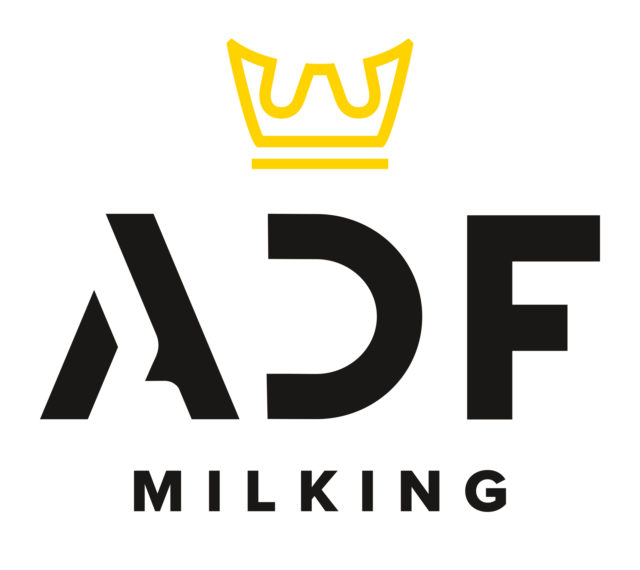Sometimes it may bruise your ego.
It can be so hurtful that people invented the little white lie as a form of preventative medicine. While no one really wants to be hurt, wouldn’t you want to know the truth?
In my experience, when the truth is hidden or withheld, it can be even more harmful than if it was given.
For a light-hearted example, there’s the common scenario where one spouse asks another, “How does this make me look?” From the start, I’ve asked my husband to answer truthfully to this question.
Against his better judgment, he has been kind enough to do so. Is it hard to hear when he is being honest that I’m not looking my best that day? Of course, but I’d rather hear that from someone I love than to possibly have a complete stranger think it.
Now let’s try a more serious scenario. What if you were to ask one of your consultants how your herd is looking, and because they know you aren’t always receptive of the truth, they casually say, “Not too bad,” even though there is evidence of a problem lurking.
If you allow for an open and honest environment on your farm, there’s a chance you can begin troubleshooting whatever is plaguing your cows and, if caught early, it could save you thousands of dollars.
Instead, the hidden truth will let the problem fester and end up costing you much more in the long run.
Acknowledging the truth about dairy farming is also becoming an external issue. Consumers are calling for transparency in food production. They want to know what cows are eating and how they are being treated.
Starting in September, as part of the proAction Initiative, farms across Canada will be required to complete animal care validations at the same time as their food safety validation requirements.
These validations are meant to show the truth. It will indicate what farmers are doing well and help identify areas for improvement. By validating the excellent job dairy producers are doing in terms of animal care, the truth will reinforce the industry’s social licence to operate.
At the same time, recognizing any problems should help to bring about change in certain areas.
We have some of the same intentions with this publication – to highlight successes as well as initiate change by offering solutions to challenges. However, in providing problem/solution-based articles, we are constantly bringing up hurtful truths.
For some, these truths may be hard to swallow, but for others they are unrecognizable. Just because it’s not your truth doesn’t mean it isn’t somebody else’s. I’ve said it before and I’ll say it again, “Dairy farms are like snowflakes: No two are alike.”
You may have a great relationship with your spouse, children or other farming partners, but other farmers might not. You may have few, if any, problems with metabolic diseases, but other farmers are really struggling to get their transition cows off to a good start.
You may have the perfect barn and comfortable cows, but other farmers are making do in cramped facilities. You may have a high pregnancy rate, but other farmers are just hoping for the next breeding to hold.
I get that every article in every issue may not apply to you – and that sometimes hearing the truth, even if it is someone else’s, might hurt. But I don’t think that telling white lies or hiding the truth to paint a better image of the industry is helpful.
I think it is better to tell the truth, no matter how hurtful it might be.
Let’s be real. Let’s be honest. Let’s accept the world and our surroundings for what it is. In doing so, we can acknowledge any problems. We can begin to make changes, and we can truly be progressive. ![]()

-
Karen Lee
- Editor
- Progressive Dairyman
- Email Karen Lee









